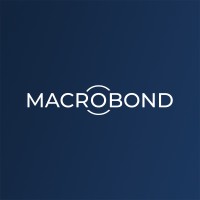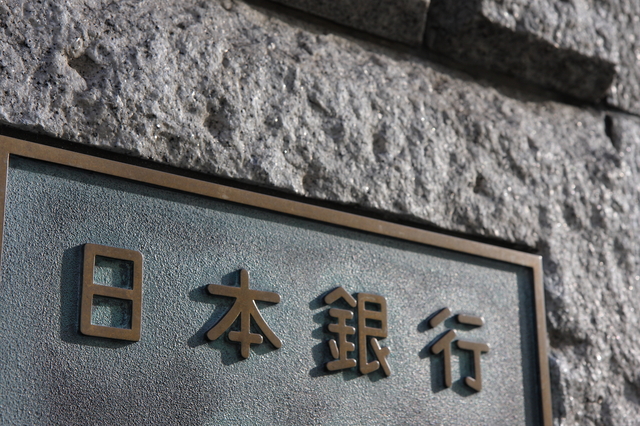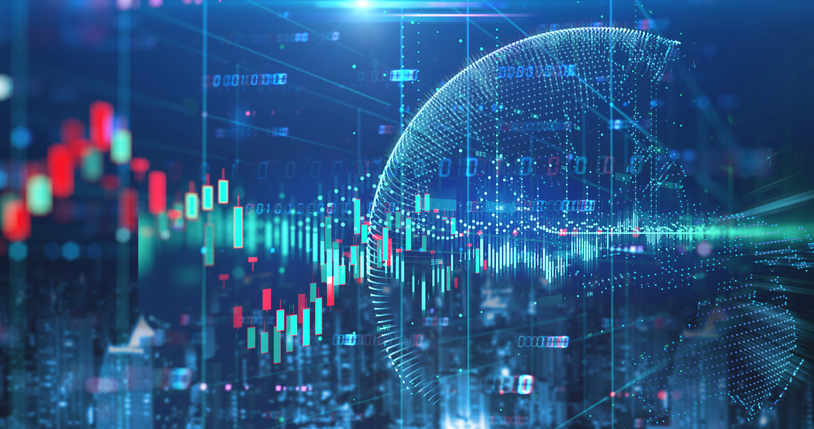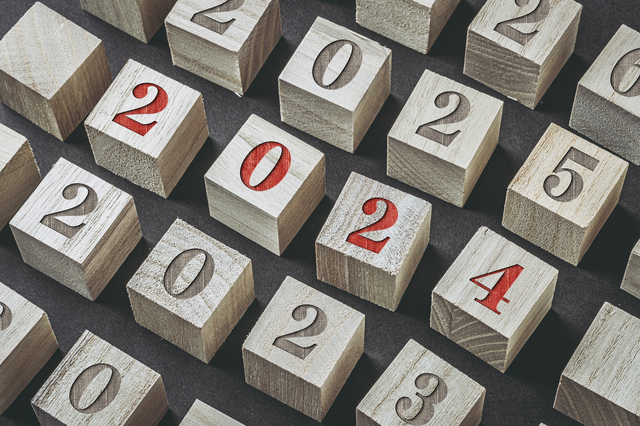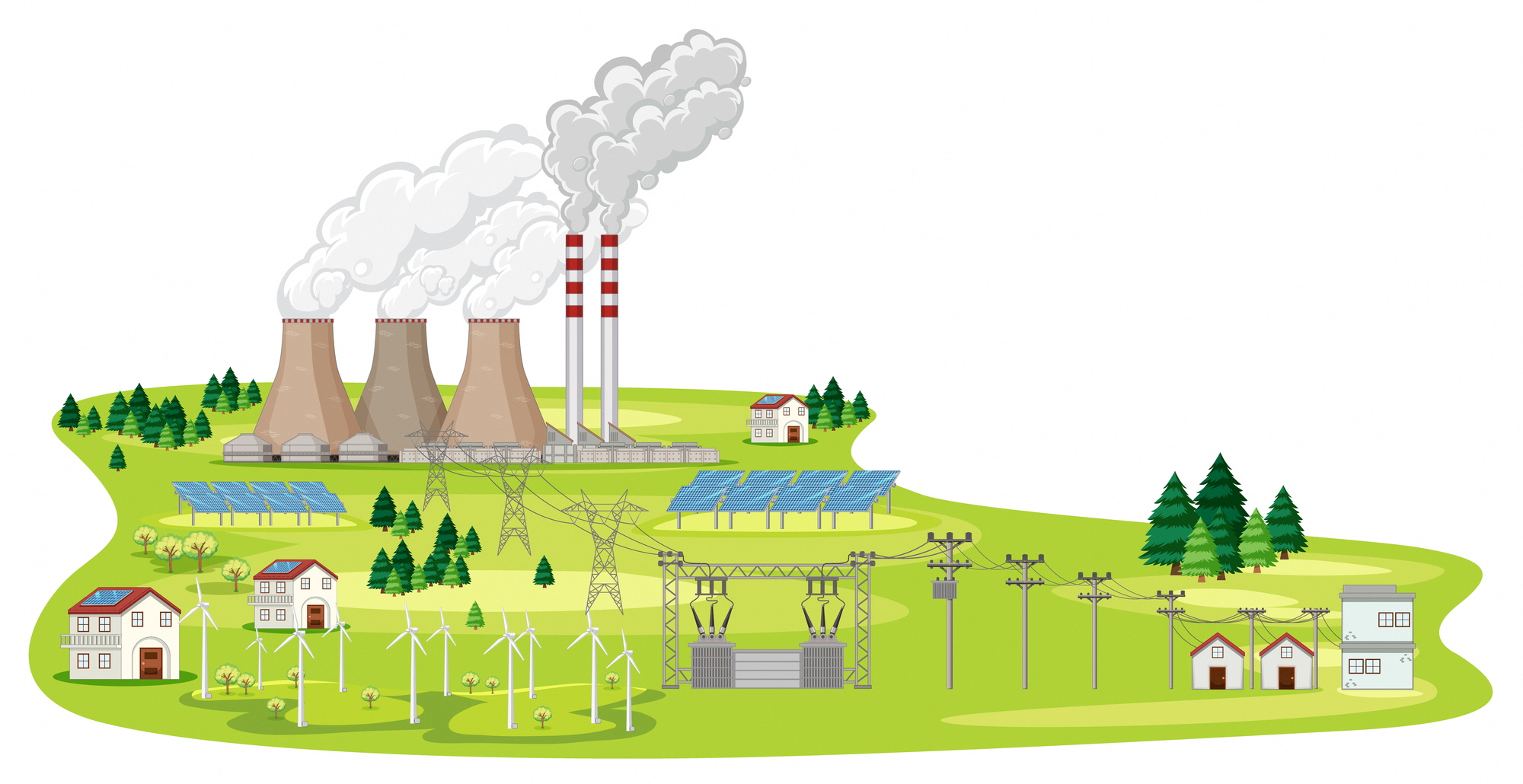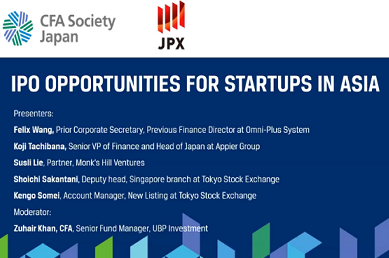Insights
Japan Goes “Bigly” for the US

Written by Harry Ishihara, Macro Strategist
Executive Summary
Japan goes “Bigly” for the US[i]. In February, Prime Minister Ishiba offered President Trump help in elevating Japan’s #1 FDI position to an unprecedented $1 trillion. Preceding that summit, SoftBank’s Masayoshi Son stood alongside President Trump and others twice to jointly announce the “Stargate Project,” a bold initiative aimed at positioning the US as a global AI leader. Son announced an ambitious $500 billion investment in January, up from $100 billion in December. These announcements and other initiatives have sparked optimism about Japan and US-Japan relations.
“I Came Back with $500 Billion” – Masayoshi Son
On January 21, the day after his inauguration, President Trump joined SoftBank CEO Masayoshi Son, OpenAI CEO Sam Altman, and Oracle co-founder Larry Ellison to unveil the “Stargate Project.” Billed as the largest AI infrastructure buildout in history, the initiative aims to solidify US leadership in AI and create hundreds of thousands of jobs.
In December, Son had promised President Trump a $100 billion investment in the US and the creation of at least 100,000 jobs. However, at the January 21 press conference, Son surprised everyone by saying, “Last month, I came and promised that we would invest $100 billion, and you told me, ‘Oh Masa, go for 200!’ Now I came back with 500.” The first $100 billion will be deployed immediately, with the goal of deploying $500 billion during Trump’s term. Son is expected to seek additional international investors to meet this ambitious target. Softbank rose by 12 percent at one point the next day, bolstering the TOPIX IT & Services, Others sector as this graph shows.
A Stargate for Japan and Other Implications
It is extremely rare for a Japanese CEO to share a podium with the US president, and the announcement has boosted hopes that Japan will remain central in the global AI race. Analysts suggest that the project will help maintain US leadership in AI while stabilizing industry valuations.
On February 3, in Tokyo, Son and Altman further surprised the world by inviting 500 Japanese companies from various industries to join a Japanese version of the Stargate infrastructure project. SoftBank and OpenAI plan to establish a new company focused on Japan, with SoftBank agreeing to pay OpenAI $3 billion annually in fees. For context, CNBC reported that OpenAI probably incurred a $5 billion loss on $3.7 billion in revenue in 2024. This makes SoftBank’s financial sponsorship critical to OpenAI’s sustainability. Through this partnership, SoftBank is also inviting Japan Inc. to join the effort.
Prime Minister Ishiba: $1 trillion
On February 7, Prime Minister Ishiba met with President Trump at a US-Japan summit, where Trump requested a reduced trade deficit with Japan. Ishiba, well-prepared with advice from former Prime Ministers Kishida and Aso, as well as Masayoshi Son, presented bold initiatives to appease Trump[ii].
Ishiba’s key points included:
An unprecedented level of FDI: Japan has been the world’s largest investor in the US for five consecutive years[iii], with $700 billion in outstanding foreign direct investment (FDI) as of 2023. Ishiba proposed elevating this to an unprecedented $1 trillion, representing a 30-40% increase as the next chart illustrates[iv].
Energy Imports: Japan will import LNG from the US and oil/gas from Alaska.
Military Spending: Japan is open to increased military spending.
In return, Trump announced that Nippon Steel would be allowed to “invest” in US Steel rather than acquire it, a move that is probably aimed at getting Nippon Steel to help modernize US Steel’s plants.
Employing the Equivalent of 4 UAWs
Japan’s FDI investments in the US are nearly matched by Canada and the UK, as shown in 2023 data. As the next chart illustrates, while some statistics list the Netherlands as the largest investor nation, this is probably due to its status as an FDI hub for multinationals.
According to the US Commerce Department, FDI in the US is concentrated in labor-intensive manufacturing, which is politically and economically significant, especially in regions like the Rust Belt. Data shows Japan has been a major contributor to US manufacturing employment. In 2022, Japanese multinational employment in US manufacturing was roughly four times the number of United Auto Workers (UAW) at the “Big 3” automaker factories in 2023, as the next graph shows[v].
Other Considerations
The US-Japan relationship at the moment appears to be further supported by geopolitical developments, including continued demand for Asian semiconductors, China’s DeepSeek AI announcement, political instability in Korea, and the expansion of BRICS, which just welcomed nine partner countries such as Indonesia, Malaysia, and Thailand in January.
Implications
Japan is demonstrating a remarkable commitment to the US. PM Ishiba showed a willingness to elevate Japan’s FDI position to an unprecedented $1 trillion, while SoftBank’s Son is taking the lead sponsoring OpenAI with a transformative $500 billion investment in Stargate alongside a similar cross-industry initiative for Japan. Japan’s support for the US economy, especially in manufacturing and now in its AI industry, comes at a crucial time and should help support global growth and productivity. These dialogues might help abate US political pressure on the Japanese economy compared to other countries facing the Trump Administration’s tariff turbulence.
[i] A term used by Trump during past rallies instead of “big time”. Merriam-Webster editor Kory Stamper noted to NPR that “bigly” has been in their dictionary as a “really rare adverb” that originally meant strong. https://www.npr.org/2016/10/23/499073856/so-which-is-it-bigly-or-big-league-linguists-take-on-a-common-trumpism
[ii] As well as presenting Trump with a golden “kabuto” helmet ornament, Ishiba also reportedly brought 2 maps with him (NHK). One was a map of the world with US military bases. The other was a map of the US with details of Japanese foreign direct investments.
[iii] https://www.mofa.go.jp/na/na1/us/pageite_000001_00800.html
[iv] Japanese press reports using Japanese data showed 2023 US FDI at 783.3 billion dollars. This differs from US BEA data of 688.1 billion dollars for 2023. 2024 data is not available at this time.
[v] Growth in Electric Vehicle Manufacturing: A Factor in the 2023 United Auto Workers (UAW) Negotiations, US Congressional Research Service
Related links





